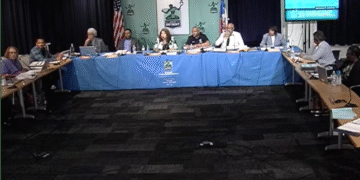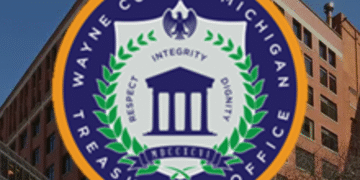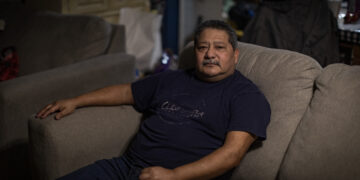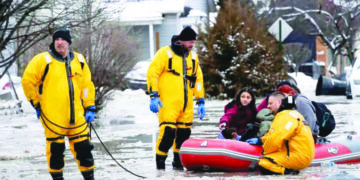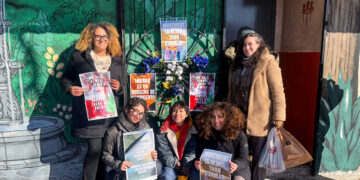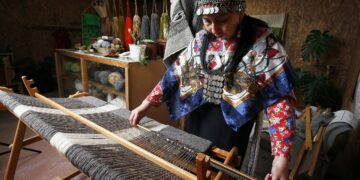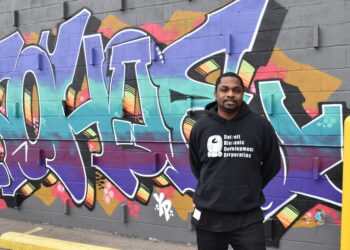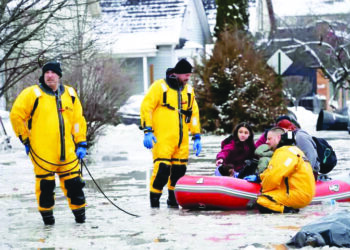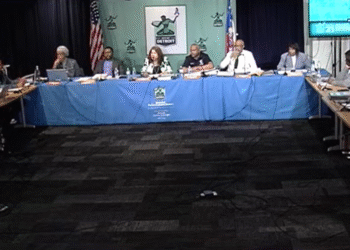By Elizabeth (Lisa) Del Buono, MD
Uncontrolled asthma. Lyme disease. Heart disease. Preterm deliveries. Mental illness and dementia.
These are the conditions health practitioners in Michigan are seeing daily in our offices, clinics, and hospitals – all illnesses and diseases intensified by a changing climate.
From more frequent extreme flood and heat events to the endless days of wildfire smoke this summer, our warming climate creates conditions that aggravate previously treatable heart and lung conditions in our most vulnerable patients.
The climate crisis is a health emergency. That is why dozens of health professionals who volunteer with Michigan Clinicians for Climate Action made phone calls and emailed their state legislators to support the Clean Energy Package that is now likely headed toward Gov. Gretchen Whitmer’s desk.
We also sent a list of testimonials from health providers across the state describing how climate disasters impact their patients’ health and a letter to the governor and legislators calling for a rapid and just transition to clean energy.
We applaud the swift passage of the package through the Michigan Legislature as a solid first step in the right direction. It will save lives by improving air quality for all Michigan residents, especially in disproportionately impacted communities.
And we are grateful to our State House and Senate climate champions who worked tirelessly and in good faith to negotiate this set of bills despite the efforts of deep-pocketed special interests. Michigan is now poised to lead the nation on clean energy.
Just the same, much more work needs to be done to ensure a just and equitable transition to clean energy.
The bills have undergone significant revisions as they passed through the political process.
For example, the target for achieving 100% clean energy was moved back five years. from 2035 to 2040, and the definition of “clean energy” broadened to include carbon-based fuels like animal manure from factory farms, waste incineration, and natural gas with carbon capture and sequestration.
While these tradeoffs may have been necessary to get this bill package over the finish line, the delayed schedule of target emissions reductions falls short of those dictated by science and recommended by the Intergovernmental Panel on Climate Change. And including carbon-based energy sources in our clean energy portfolio will slow progress toward reducing heat-trapping carbon emissions – and will cost us by creating additional health risks for nearby communities.
As health professionals who treat the cumulative impacts of fossil fuel pollution, we recognize how important it is that the concerns of disproportionately impacted communities like southwest Detroit be considered at least as seriously as those of special interest groups with more traditional influence in Lansing, like electric utilities and industry.
Those representing overburdened communities must have a seat at the table and be part of the negotiation process, and we must look critically and honestly at the legislative and societal barriers that obstruct their efforts to have their voices heard and valued.
We are excited to continue our work in solidarity with a broad range of environmental and justice organizations in Michigan and recognize that we have much to learn. Ultimately, we hope our efforts will support the passage of additional health and equity legislation to cultivate a climate in which the health of ALL Michigan residents can thrive.
Elizabeth (Lisa) Del Buono, MD is President of Michigan Clinicians for Climate Action (www.michigancca.com), a coalition of Michigan health professionals educating and advocating for a healthy climate for all. This column was first published by our partners at Planet Detroit.




